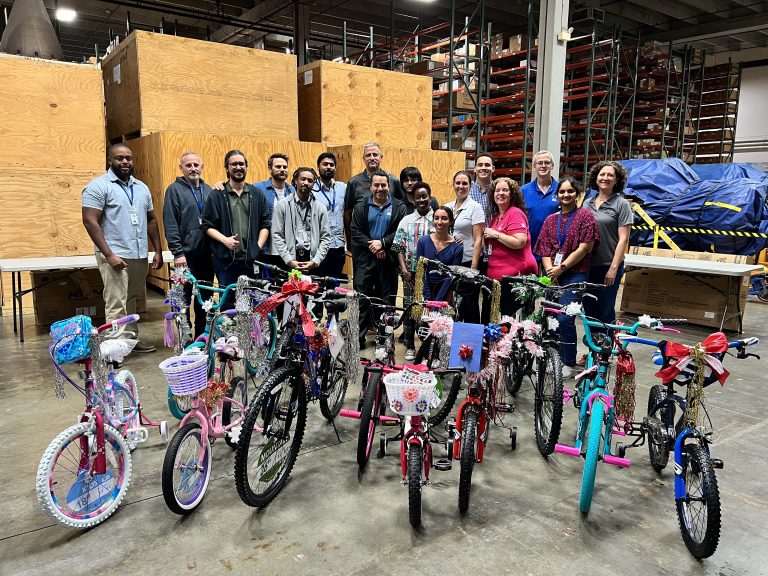
Accounting for Success by Brittney Falls
Author: gatelesis
Growing up, I was always fascinated by businesses and their operations, specifically how some companies fail, while others find ways to succeed no matter the challenges. When I started college, I was placed in an accounting course by my guidance counselor. I was so intrigued I changed my major to accounting that same semester. As I ventured out into the workforce, I was lucky enough to join the GA Telesis accounting team. Early in my career, I realized accountants are trained to be risk-averse. Many are focused on the basic functions; paying bills, closing the books, reporting final numbers to management, etc. Even early in my career, I knew something was missing! Gradually, I transitioned from just reporting numbers to partnering with the executive team to help grow the business. Our accounting department has evolved from the back-office number-crunching stereotype into a strategic partner at GA Telesis. We create and provide real-time financial information in dashboards to help those on the front lines account for success.
Sales teams and accountants are often at odds when it comes to managing the business. Someone once told me that you keep the optimists and sales and the pessimists in accounting. Often accounting set guidelines while the sales teams stretch them. At GA Telesis, we have realized early on that creating synergy between the sales and accounting departments is key! We do this by educating the sales team on financial metrics, collaborating on proposals, measuring performance goals, and promoting open communication between all departments.
A robust accounting system empowers organizations by capturing critical data and recording real-time information essential to business operations in the form of immediate access dashboards using tools like BI software. This real-time information is key to the GA Telesis MRO Services division’s commitment to Lean practices. As a result, the accounting department has been heavily involved with the following Lean initiatives and events.
- Reviewing the current process and metrics of the organization to establish a baseline across interacting areas.
- Mapping out the functional group’s process and how it aligns (or does not) with the end goal. Understand how they are doing things and their “informal process” to begin planning a more concrete process.
- Identify gaps and opportunities to align the groups’ processes and approaches. To create a more collaborative effort, the groups must identify robust, predictive, and verifiable outcomes and indicators in the business and sales process.
- Align costs to strategy. Look across the whole organization and differentiate the strategically critical ‘good costs’ from the non-essential ‘bad costs’
- Create a culture of cost optimization. Ensure you embed a culture of ownership and incentivize continuous improvement
The role of the accountant is so much more dynamic than it has been in the past. We can now say that accountants are equally vital in other business operations such as sales, production, forecasting, and decision-making. In today’s uncertain times, quick access to accurate financial data can make the difference between failure and success, no matter the odds. Clearly, accounting for success is more important today than it has ever been. At GA Telesis, we are not a department within the global organization; rather, we are a vital organ in the organization’s body to ensure success throughout our operations.












